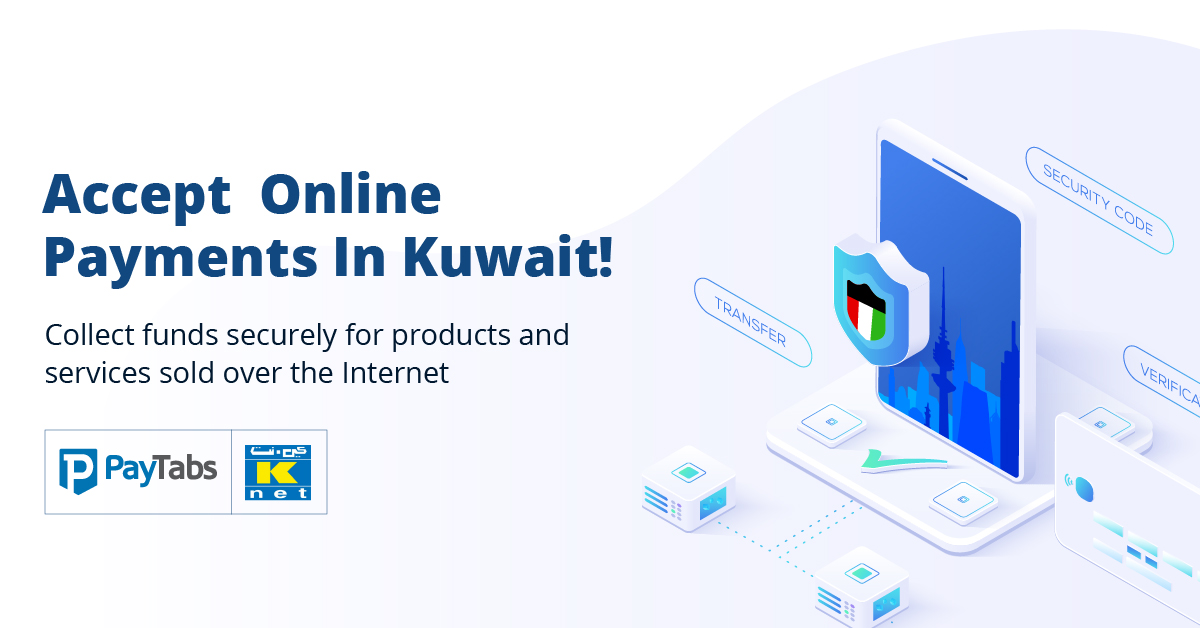K-Net Payment Gateway: Kuwait’s Leading Online Transaction Service

Are you a merchant in Kuwait looking for a secure and efficient payment gateway to accept online payments? The solution is K-Net payment system, suitable for online retail businesses, operating in Kuwait. It is also the most popular gateway, with 71% people using K-Net as the APM. This payment system has also opened up a wide world of opportunities for online merchants, as you can now trade with more potential customers and get paid easily. Read on to learn more about K-Net electronic payment solution.
What is K-Net Payment Gateway?
The Shared Electronic Banking Services Company, better known as K-Net, came into existence in 1992. The company is jointly owned by 11 of Kuwait’s national banks. It began its operations in 1994 when The Kuwaiti Network – financial switch of Kuwait – was formed to facilitate hassle-free transactions.
K-Net payment gateway was introduced in 2004 as an online payment solution for private and public institutions. The payment gateway allows merchants to collect payments in exchange for trading products and services. The transactions happen over the internet in real-time. Currently, K-Net payment gateway processes only debit card payments.
How Does the K-Net Payment Gateway Function?
K-Net is a joint venture of the national banks of Kuwait. Apart from this, K-Net is associated with member banks that provide K-Net payment gateway services to their customers. As of now, K-Net accepts local debit cards issued by the member banks. To become a member bank, a bank has to undergo the certification process. Once the process is complete, a member bank has the rights to process payments initiated via K-Net payment gateway.
The payment gateway is developed for collecting online payments by using debit cards. The process is initiated and accomplished in a secure environment, maintained using Security Socket Layer (SSL) protocol. The payment solution integrates with the websites developed using web technologies like ASP, PHP, ASP.Net, and others.
What about the Security Aspects of K-Net Payment Gateway?
The transactions happening over K-Net payment gateway are secured with SSL protocol. The encrypted mechanism prevents any data breach and foils any hacking attempts. Moreover, in 2017, K-Net signed a deal with Gemalto, a global pioneer in digital security.
Gemalto is responsible for authenticating debit card transactions by generating and sending SMS one-time passwords (OTPs) to the users. This prevents any fraudulent attempts during the transaction process.
How to Apply for and Integrate K-Net Payment Gateway?
If you want to install K-Net payment gateway on your website, you need to fulfill the following criteria:
- Obtain a business license to operate online retailing of products and services
- Open a business account with a member bank
- Secure your website with an SSL certificate
- Sign a contract with the member bank to get a nomination
- After getting the nomination, K-Net will provide plugins and necessary documentation for installing the payment gateway
You should note that transaction charges may vary from bank to bank. Further, K-Net payment gateway is solely meant for online debit card transactions. For credit card transactions, you should consult the bank.
Install K-Net Payment Gateway Now
For a retail business owner planning to venture into e-commerce or online trading of services, installing K-Net payment gateway is the most feasible option, as it ensures seamless, secure, and low-cost transactions. You will be able to attract more customers who are tech-savvy and use their mobiles for online shopping, as well.

